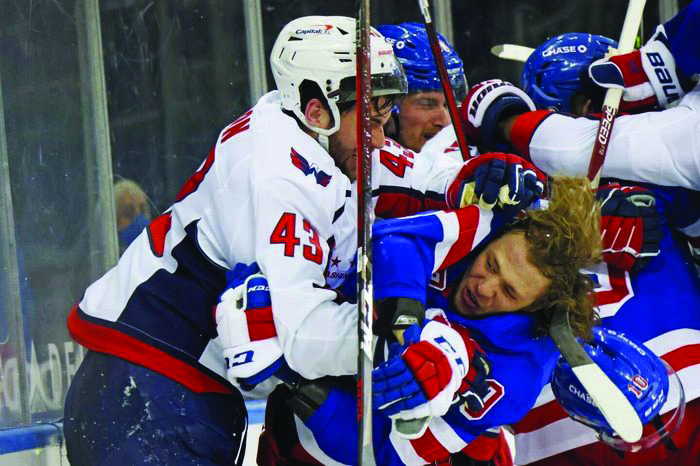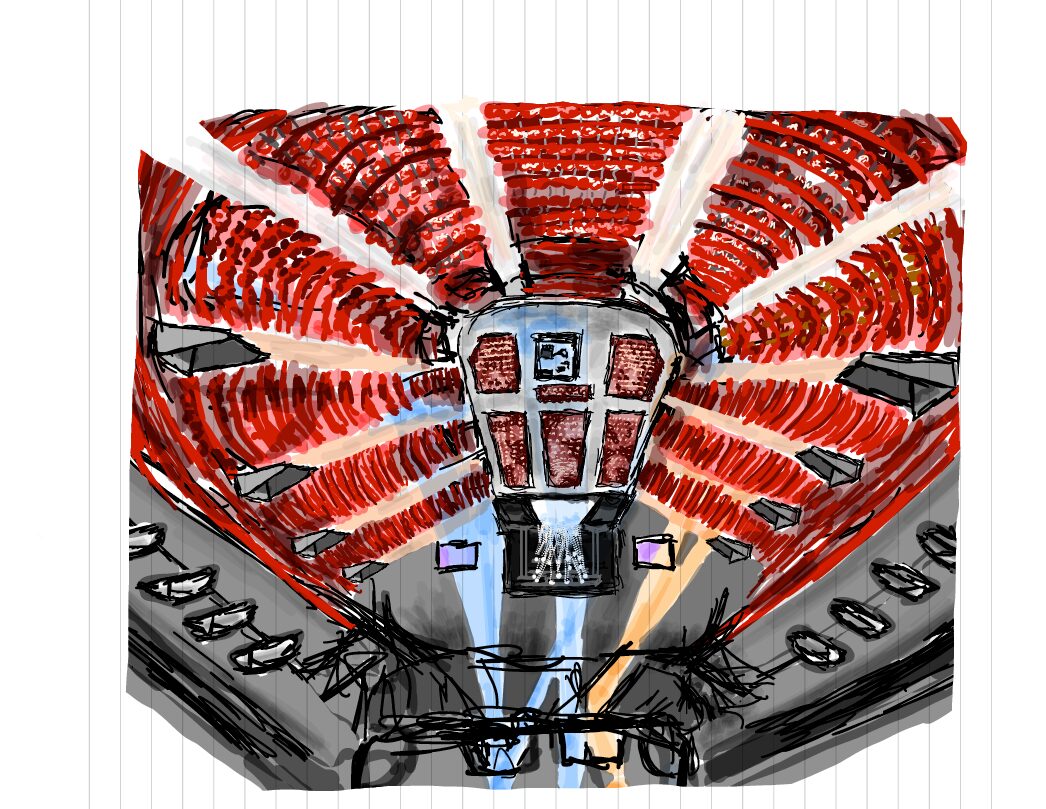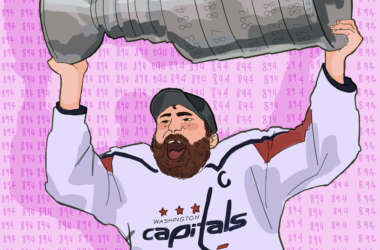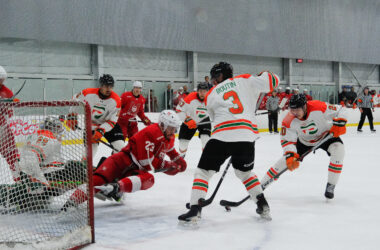On Oct. 7, the Montreal Canadiens announced that goaltender Carey Price voluntarily entered the National Hockey League’s player assistance program (NHLPA). The program supports NHL players and their families through mental health struggles, substance abuse issues, and other related matters. Earlier that week, Vegas Golden Knights goaltender Robin Lehner tweeted about the situation of Jack Eichel and others whose safety was jeopardized for the advancement of their team. This controversy has launched the NHL and NHLPA into the spotlight, exposing the dangers players face off the ice. While NHL players’ mental health is slowly becoming more of a priority, their physical health is being neglected by their teams in favour of winning results.
It has become increasingly clear that the success of the NHL and its teams is prioritized over the physical health of athletes. Nowhere has this been more obvious than in the case of Jack Eichel. Since March 2020, the ex-captain of the Buffalo Sabres has been out with a herniated disk in his neck. Over the summer, the team and Eichel were at an impasse: Eichel preferred a disk replacement surgery, while the team insisted on a fusion procedure. He remained without operation into September 2020, where he failed to pass his physical and was revoked of his captaincy. Eichel’s wishes to take time to recover were ignored and he was penalized for not yielding to the Sabres’ desires. This instance shows a concerning lack of respect for player health and bodily autonomy, prompting one to question the NHLPA’s ethics.
In his tweet regarding the Eichel situation, former Sabre Robin Lehner divulged that he experienced a comparable situation while on the team. Though he did not provide many details, many speculate that the team cut his post-ankle-surgery recovery short—a move which may have led to his bad ankle sprain. On the same day, he tweeted that teams were giving their players benzodiazepines and Ambien in order to help them sleep on planes. Benzodiazepines can become addictive for some people in a matter of days—in 2020 the FDA ordered a new warning to be put on the drug’s label due to its role in opioid overdoses. Lehner himself admitted to becoming addicted after being given Ambien by a former team.
Tragedy has already resulted from teams putting their interests ahead of their players. In response to Robin Lehner’s tweets, former NHL player Daniel Carcillo tweeted the story of his best friend, the late Steve Montador. The Chicago Blackhawks cleared him four times in the span of twelve weeks and attempted to have him continue playing following his nineteenth concussion. He decided to seek further treatment, against the advice of his team and management, and was deemed fit to play following two weeks of this treatment. Once he signed his fit to play agreement, he was relegated to the American Hockey League. Roughly two years later, Steve Montador died of chronic traumatic encephalopathy (CTE), a degenerative disease directly caused by repeated blows to the head. The NHL and NHLPA had a direct hand in the death of Montador due to their repeated failure to care for his health.
Montreal has seen its star goalie, Carey Price, approach the NHL for help in his mental health journey, with abundant support outpouring from players and fans alike. While this is a hopeful step forward, there is a distinct lack of mechanisms and programs to protect the physical health of the league’s athletes. This has left Jack Eichel hanging in a long-term injury reserve limbo and Dan Carcillo without a best friend. Lacking substantive support for physical health, players have become another cog in the money-making machine of the NHL, and their humanity has been left behind.









